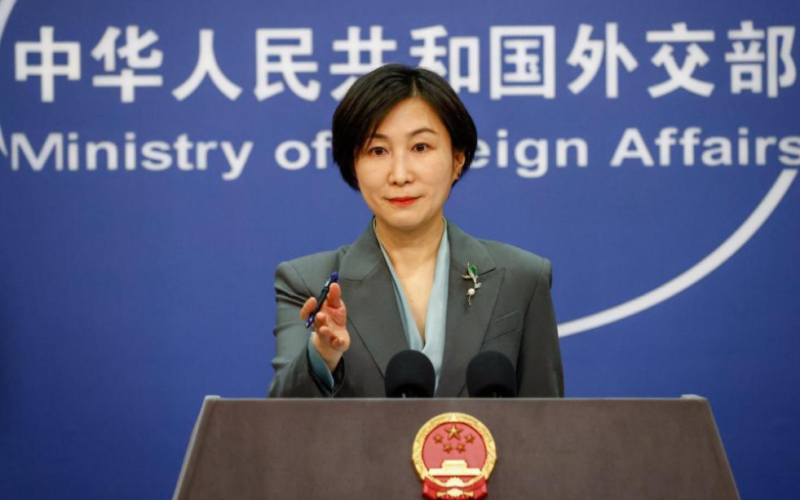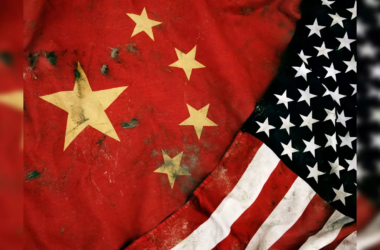China has vehemently criticized the United States for imposing what it deems “illegal” sanctions on companies with ties to Iran’s missile and drone programs. This development underscores the ongoing tension between the two global powers and their differing stances on international sanctions and geopolitical matters. In this article, we delve into China’s strong reaction to the US sanctions and the implications for global diplomacy.
The US sanctions, which specifically target entities associated with Iran’s missile and drone programs, have drawn sharp rebuke from China. Beijing has labeled these sanctions as “illegal” and voiced its concerns regarding their impact on international relations and regional stability.
China’s stance on these sanctions is rooted in its broader foreign policy and its relationship with Iran. As a permanent member of the United Nations Security Council, China often seeks to uphold the principles of international law, particularly when it comes to sanctions that are not endorsed by the UN. Beijing’s position aligns with its longstanding commitment to non-interference in the internal affairs of sovereign nations.
The US, on the other hand, has adopted a policy of maximum pressure against Iran, which includes sanctions aimed at curbing Iran’s missile and drone programs. The US government asserts that these programs pose a threat to regional security and stability. This fundamental difference in approach has resulted in a diplomatic standoff between China and the US.
The broader implications of China’s strong disapproval of these sanctions are twofold. First, it underscores the growing divergence in US-China relations and their conflicting views on issues like Iran and sanctions. These differences have the potential to complicate diplomatic efforts and international cooperation on various fronts.
Second, China’s response highlights its commitment to preserving the principles of international law and the sovereignty of nations, even in situations where it may not align with the positions of other major global players. This commitment may influence China’s stance on future international disputes and conflicts.
The US sanctions targeting Iran’s missile and drone programs are part of a broader strategy to pressure Iran into compliance with international norms. However, as China’s response illustrates, international consensus on such matters remains elusive, and the use of sanctions as a tool of foreign policy remains a contentious issue.
In conclusion, China’s strong criticism of the US sanctions against companies linked to Iran’s missile and drone programs sheds light on the complexities of global diplomacy and the divergent approaches taken by major world powers. It reflects China’s commitment to international law and its stance on issues of sovereignty, even in the face of differing perspectives. The ongoing tension between the US and China over matters like Iran’s missile and drone programs serves as a reminder of the challenges in achieving international consensus in an ever-evolving geopolitical landscape.








